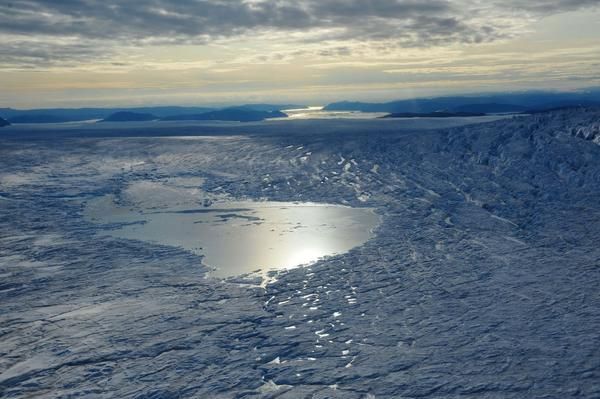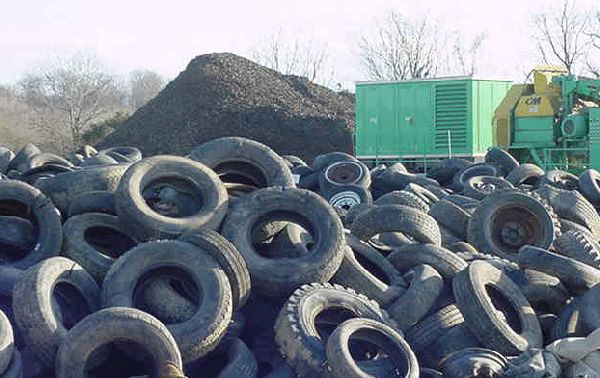Global change in climate patterns and increase in temperature seems to be producing varied effects in glaciers and ice sheets across the globe. While most of them are shrinking and fading away, there are the rare exceptions like the glaciers of Karakoram Range that have actually slightly gained ice mass in the last decade, which goes against the popular global trend. But other parts of the world are not so fortunate as rising temperatures are causing glaciers across the globe to shrink and some of them have even completely vanished in the last twenty five years. Greenland’s ice sheet will not vanish anytime soon, but latest findings from the region do cause a bit of concern.

The ‘Supraglacial’ lakes of Greenland are a phenomenon caused by summer heat on the vast ice sheets and glacier surfaces, which leads to melted water on top of ice sheets. Scientists have observed that with increasing in temperatures in recent times and with warmer summers in Greenland, these Supraglacial lakes are getting larger and the volume of the melted water is becoming greater. When the pressure of these surface lakes on glaciers becomes very high, they cause a break in the lakebed and the water is carried to the bottom of the ice sheet.
This is pretty much like a ‘drainpipe’ and as much as 1 million cubic meters of water drains day in a mere two days time and this layer, researchers believe, could act as a thin film of lubricant that would help the ice sheet slip away into the oceans at a far greater pace. Observation over the last ten years and data collected from 1000 such lakes in Greenland seems to suggest that the phenomenon is growing alarmingly.
While researchers are sure about the ‘Supraglacial lakes’ and their draining effect, they are still not so sure if the layer of water under the ice sheet acts as a lubricant for sure or if it drains away into the ocean and actually slows down the slipping process. For now, they seem to be assuming the worst.
Via: Livescience




